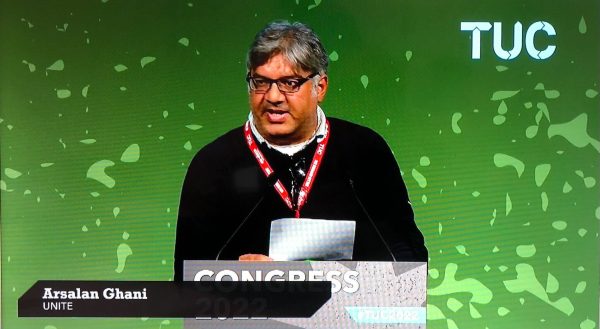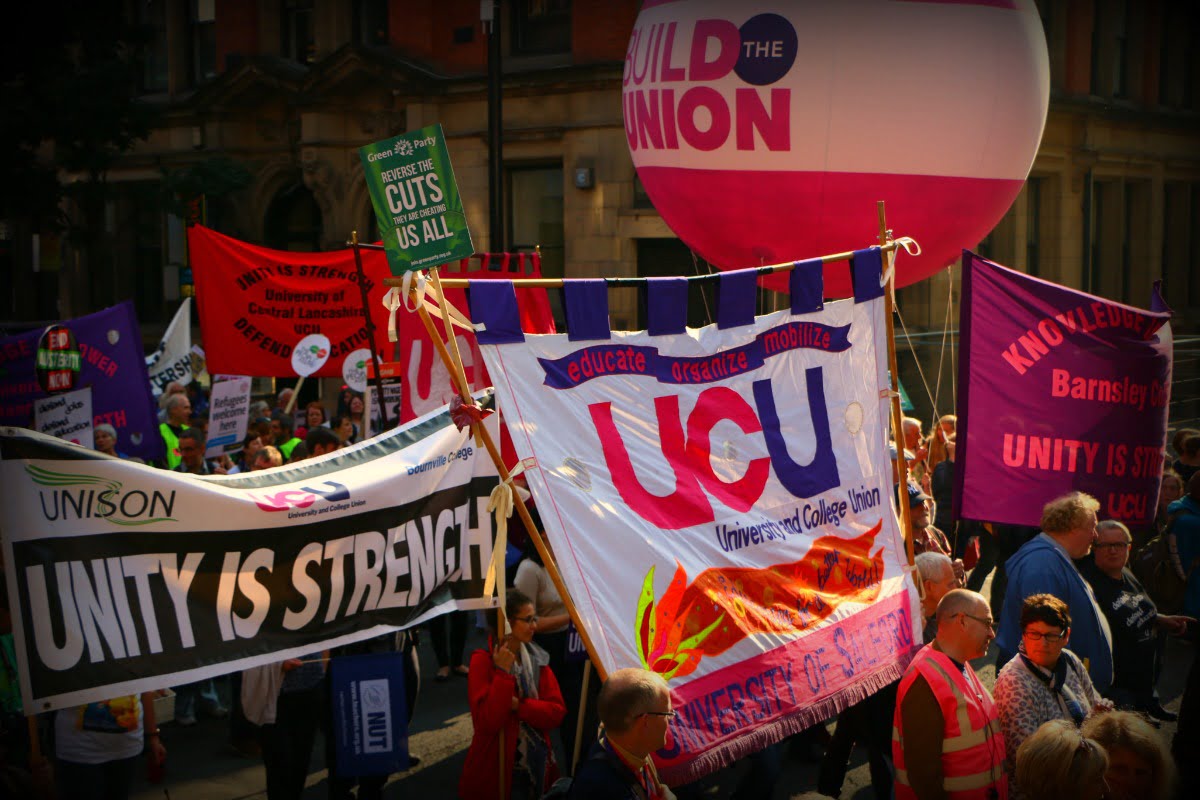On 17 January, the University of East Anglia (UEA) announced to its staff that the institution’s “financial situation has deteriorated”. Furthermore, despite attempts to “safeguard roles by reducing non-pay related budgets” it is “unlikely all savings can be made without compulsory redundancies”.
This information had been relayed to heads of departments the day before, with the plan later sent out in an all-staff communication on Wednesday.
By Tuesday afternoon, however, the news had already been leaked to the local press. This is how many staff first came to hear about the impending threat to their job.
In a statement to the newspapers, UEA vice-chancellor Prof. David Richardson said:
“As a university, I know we will work together to evolve and grow through these difficult times, to ensure we have more secure financial foundations and a positive vision for our future success.”
These words ring hollow from a higher education boss who takes home almost 13 times the median pay at the university, and whose job will be safe from the axe.
No confidence
Bitter anger amongst UEA workers was expressed at an all-member mass meeting on 23 January, called by campus trade unions – such as UCU, Unite, and Unison.
The overwhelming sentiment was that university management was responsible for this disaster, and should be held accountable for the redundancy crisis.
Audience members cited the university’s vast expenditure on “vanity projects”, “the unnecessary redesigning of websites”, and “a timetabling system that doesn’t work”.
At the end of the meeting, a symbolic vote of no confidence in the vice-chancellor was passed unanimously by the 600 staff in attendance.
Final straw

For many at UEA, this latest development has only deepened a preexisting fury towards the university’s bosses. Over a decade of attacks on real wages have forced many staff to skip meals, and even seek the use of food banks.
This mood is echoed across higher education institutions. One recent poll, for example, found that seven out of ten university staff say that they are looking to leave the sector if conditions do not improve.
Data collected by the University and College Union (UCU) has shown that between 2009 and 2021, staff at UK higher education institutions lost 20% in real-terms pay.
Another way-below-inflation pay offer for 2022-23 has been the final straw for many staff, who have voted for nationwide strike action on campuses – UEA included.
The next wave of UCU strike days are scheduled to start on 1 February, with over 70,000 staff at 150 universities participating. This is part of a broader day of action, involving coordinated strikes by teachers, civil servants, rail workers, and lecturers.
This will be followed by a further 17 days of national walkouts by UCU members in February and March.
Unite the struggles
The struggles for better teaching conditions and improved working conditions are ultimately one and the same. Capitalism is destroying university life for students and workers alike.
Staff in higher education – both operational and academic – are already overstretched. Redundancies and cuts to services, meanwhile, are a direct attack on students’ education.
Students should therefore come out to the pickets, and show solidarity with striking staff. This will send a powerful message to university bosses that workers and students stand united in their defence of education against austerity and marketisation.
Ultimately, staff and students should fight for university and college institutions to be run, planned, and controlled by the workers themselves. Only in this way will it be possible to avoid the bureaucratic mismanagement that we have seen at UEA and elsewhere.
Workers’ control

The first step towards this is coordinating our action, and demonstrating our strength as one fighting force across the whole sector.
Above all, with the bosses on the offensive, it is vital that we have militant unions with determined leaderships.
The current elections in Unite provide an opportunity to take a step in this direction. Arsalan Ghani, a university worker and Socialist Appeal supporter, is standing for the education seat on the union’s executive committee.
Included in Arsalan’s programme is a call for workers’ control in higher education. This is the real solution to protecting our jobs, pay, and conditions.
After all, who is better equipped to ensure the future of education: those who line their pockets from it? Or those who work to keep it running every day?






